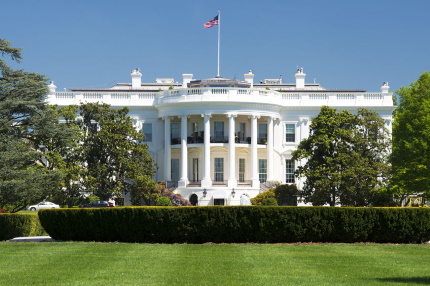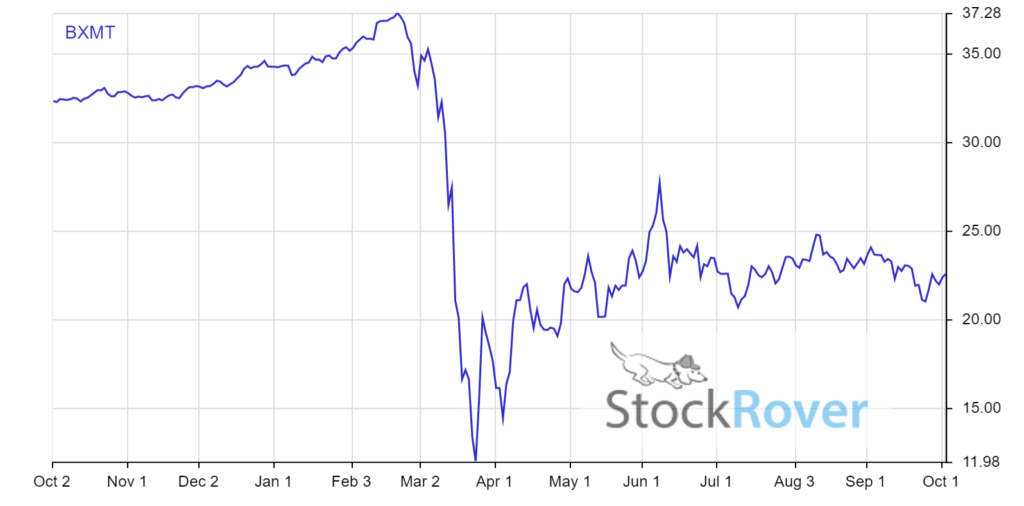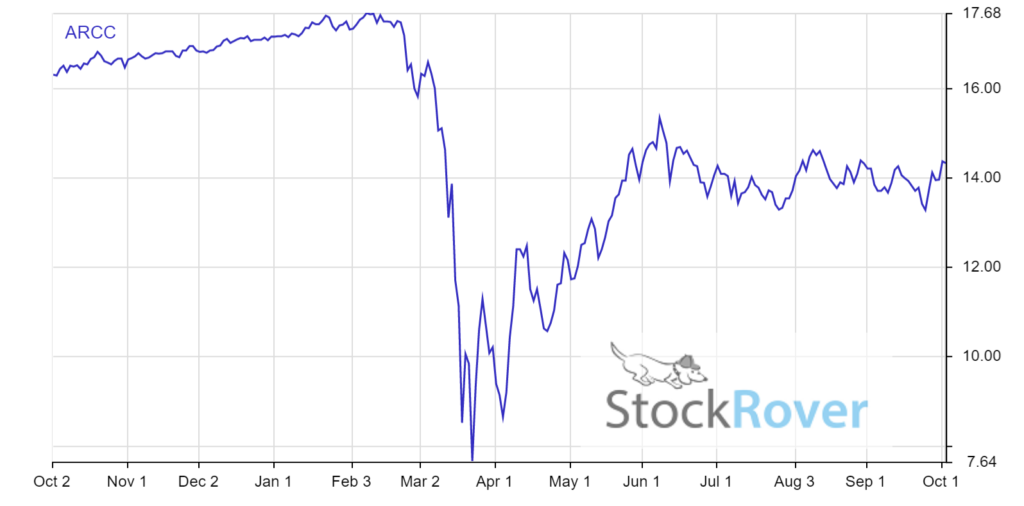Election Investing: How To Profit From A Possible Higher Corporate Income Tax Rate
No matter which side you favor in the upcoming U.S. Presidential election, once the results are finalized, we will live with the outcome for the next four years, at a minimum.
For investors, one change to consider is Joe Biden’s plan to increase the corporate income tax rate significantly. A Biden win should provide a strong tailwind for shares of companies that have pass-through business structures.
According to the Tax Foundation, the Biden tax plan calls for these changes to the corporate income tax:
Increases the corporate income tax rate from 21 percent to 28 percent.
Creates a minimum tax on corporations with book profits of $100 million or higher. The minimum tax is structured as an alternative minimum tax—corporations will pay the greater of their regular corporate income tax or the 15 percent minimum tax while still allowing for net operating loss (NOL) and foreign tax credits.
I hope you are aware that an increase to 28% from 21% works out to a 33% increase in the federal corporate tax bill for profitable U.S. companies. Since corporations pay dividends out of after-tax income, the ability of companies to sustain or grow dividends may be diminished under a Biden administration. This could negatively affect your personal dividend income.
How You Can Get Around Higher Business Tax Rates
However, there are certain types of business structures that allow companies not to pay corporate income taxes. Often referred to as pass-through business types, companies in selected industries operate corporate income tax-free if they pay out the majority (typically at least 90%) of net income as dividends to investors.
Tax laws allow two business sectors to elect pass-through status: real estate investment trusts (REITs) and business development companies (BDCs), which are companies that provide debt and equity financing sources to small and midsized corporations.
There are two types of REITs. Equity REITs own commercial properties. Most specialize in a specific type of property, for example healthcare real estate, office buildings, shopping centers, apartment buildings, industrial properties, and even cell phone towers.
An REIT that has done very well is MGM Growth Properties LLC (MGP), which owns a portfolio of gaming properties operated by MGM Resorts International (MGM).
Since its mid-2016 IPO, the MGP dividend has steadily increased. The most recent dividend is 25% larger than the rate paid in October 2016.
MGP currently yields 7.0%.
Then there are the finance REITs, which own real estate-backed loans or mortgage-backed securities (MBS). Some finance REITs focus on commercial property loans, while others operate in the residential mortgage sector. Typically, finance REITs sport higher yields than their equity cousins.
Blackstone Mortgage Trust (BXMT) is a pure-play commercial mortgage REIT.
The company has an $18 billion portfolio of senior loans secured by commercial real estate.
The weighted average loan-to-value is 64%.
The Blackstone portfolio is of very high quality.
The REIT has paid a $0.62 per share quarterly dividend since the 2015 third quarter; its current yield is 11.3%.
The BDC rules were written by Congress to help provide financing solutions to an underserved portion of the economy. The typical BDC portfolio company is too small to tap the public debt and equity markets and too risky to get loans from commercial banks. In addition to providing capital to their portfolio companies, most BDCs offer business advice to help the client companies thrive and grow. A BDC can be internally managed or externally managed by a separate financial firm. Internal management is the exception but also results in lower management expenses.
Ares Capital Corp. (ARCC) is the largest BDC by market cap.
Ares Management counts 140 investment professionals on its staff.
The BDC is externally managed but has a long track record of providing excellent returns for investors. (One benefit of external management is the extensive knowledge base the BDC can tap.)
Ares has paid a steadily growing dividend since the 2008-2009 financial crisis and has a current yield of 11.5%.
Disclaimer: The information contained in this article is neither an offer nor a recommendation to buy or sell any security, options on equities, or cryptocurrency. Investors Alley Corp. and its ...
more





